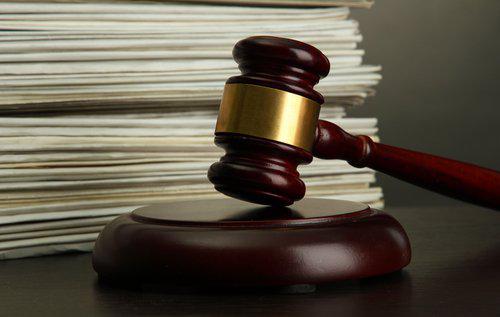The Discovery Process in Personal Injury Cases
 Many people have a mistaken belief that much of a lawyer's job is done during the trial, examining witnesses, talking to the jury, and convincing the judge that their side is right. While these skills are certainly important, focusing on them ignores all the groundwork that goes into a case before trial, and it ignores the fact that over 90 percent of cases settle without ever getting to a trial.
Many people have a mistaken belief that much of a lawyer's job is done during the trial, examining witnesses, talking to the jury, and convincing the judge that their side is right. While these skills are certainly important, focusing on them ignores all the groundwork that goes into a case before trial, and it ignores the fact that over 90 percent of cases settle without ever getting to a trial.
In fact, much of the work a lawyer does happens before the trial ever starts during the “discovery phase” of the lawsuit. During this phase the lawyers exchange information with each other to help both sides build the best case. This lets lawyers go into a trial in a way that avoids any surprises, and allows them to orchestrate the best case possible. This can be especially important in personal injury cases where one side often has much more information on what happened than the other.
How Discovery Works
Discovery is a somewhat unusual process that is unique to the American justice system. It is a robust system that promotes the full exchange of all useful information between both sides in a lawsuit, regardless of whether that information helps or hurts the other party. Lawyers from other countries who work temporarily in the United States are often shocked at the level of disclosure that this leads to, and the willingness of lawyers on both sides to turn over smoking gun evidence, even if it harms their case.
Types of Discovery
In order to find these sorts of hidden smoking guns, the law provides lawyers with three specific tools to carry out the discovery process: requests for production, interrogatories, and depositions. Each of these tools has a specific use in the discovery process. Take the example of a patron who slips and falls in a supermarket, injuring him- or herself. The patron's lawyer can use these three tools to learn more about the incident in question and how the supermarket responds to patron injuries. Requests for production are documents that a lawyer can send to the other side asking for all the documentation related to the case. These can be anything from internal memos about how to handle injured patrons in general to emails about the specific injury. Interrogatories are another form of document that the lawyer can send. These are lists of questions that the other side has to answer related to the case. Finally, the lawyer has access to depositions. These are actual interviews with members of the other side and witnesses in which the lawyer asks them under oath, in person, for information about the case.
If you have recently been injured by someone else's carelessness, contact an experienced Milwaukee personal injury attorney today. Our firm is here to help you understand the legal process and all the options available to you.






